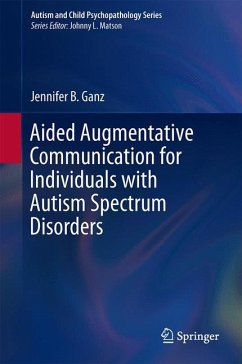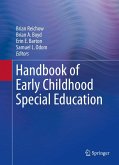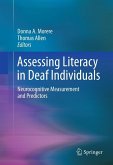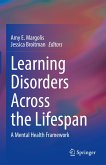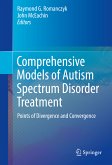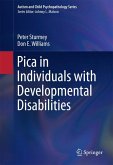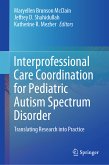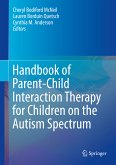Aided Augmentative Communication for Individuals with Autism Spectrum Disorders is a practical guide to the field, offering readers a solid grounding in ASD, related complex communication needs (CCN), and AAC, especially visual and computer-based technologies. Widely used interventions and tools in AAC are reviewed-not just how they work, but why they work-to aid practitioners in choosing those most suited to individual clients or students. Issues in evaluation for aided AAC and debates concerning its usability round out the coverage. Readers come away with a deeper understanding of the centrality of communication for clients with ASD and the many possibilities for intervention.
Key areas of coverage include:
- AAC and assessment of people with ASD and CCN.
- Interdisciplinary issues and collaboration in assessment and treatment.
- AAC intervention mediated by natural communication partners.
- Functional communication training with AAC.
- The controversy surrounding facilitated communication.
- Sign language versus AAC.
Aided Augmentative Communication for Individuals with Autism Spectrum Disorders is an essential resource for clinicians/practitioners, researchers, and graduate students in such fields as child and school psychology, speech pathology, language education, developmental psychology, behavior therapy, and educational technology.
Dieser Download kann aus rechtlichen Gründen nur mit Rechnungsadresse in A, B, BG, CY, CZ, D, DK, EW, E, FIN, F, GR, HR, H, IRL, I, LT, L, LR, M, NL, PL, P, R, S, SLO, SK ausgeliefert werden.

